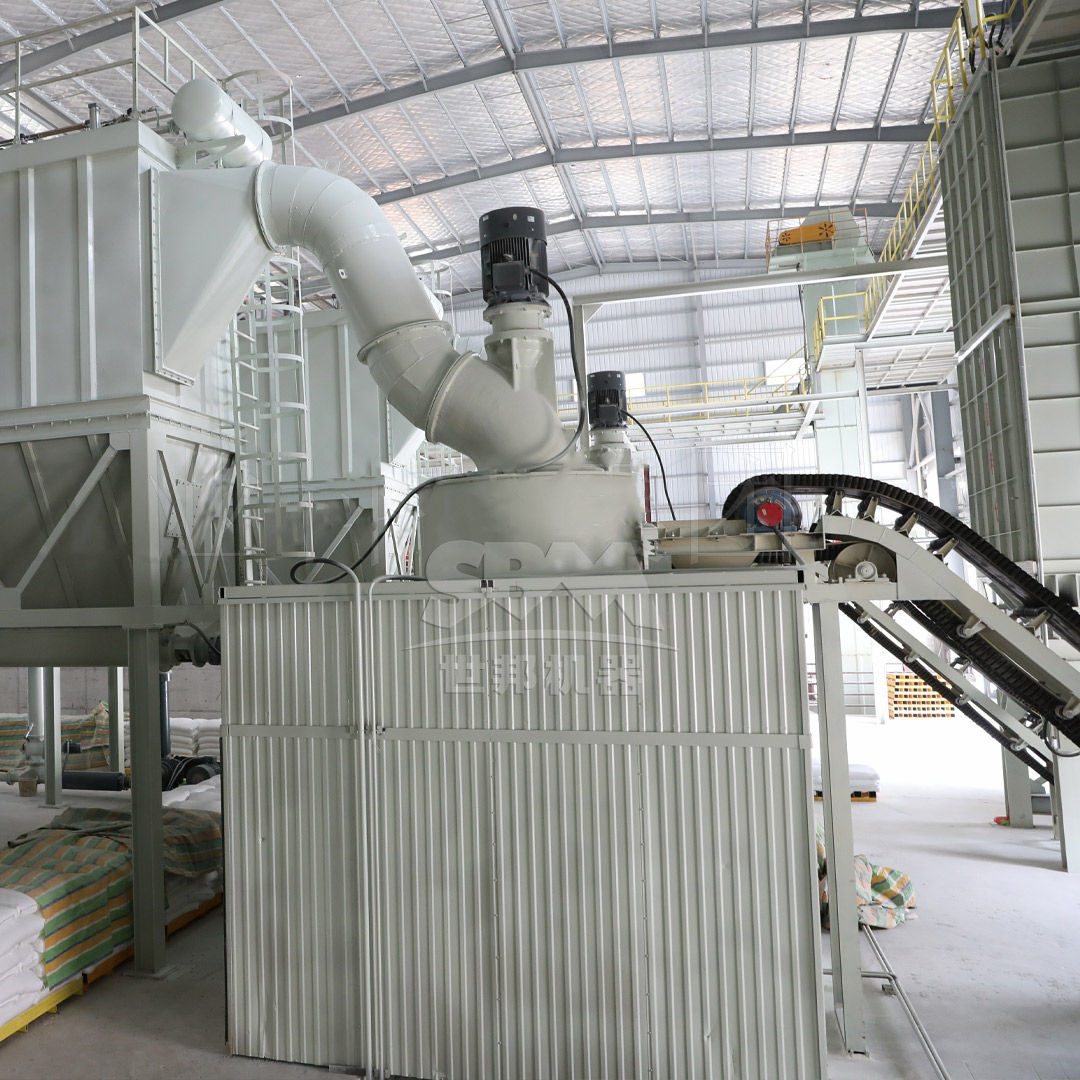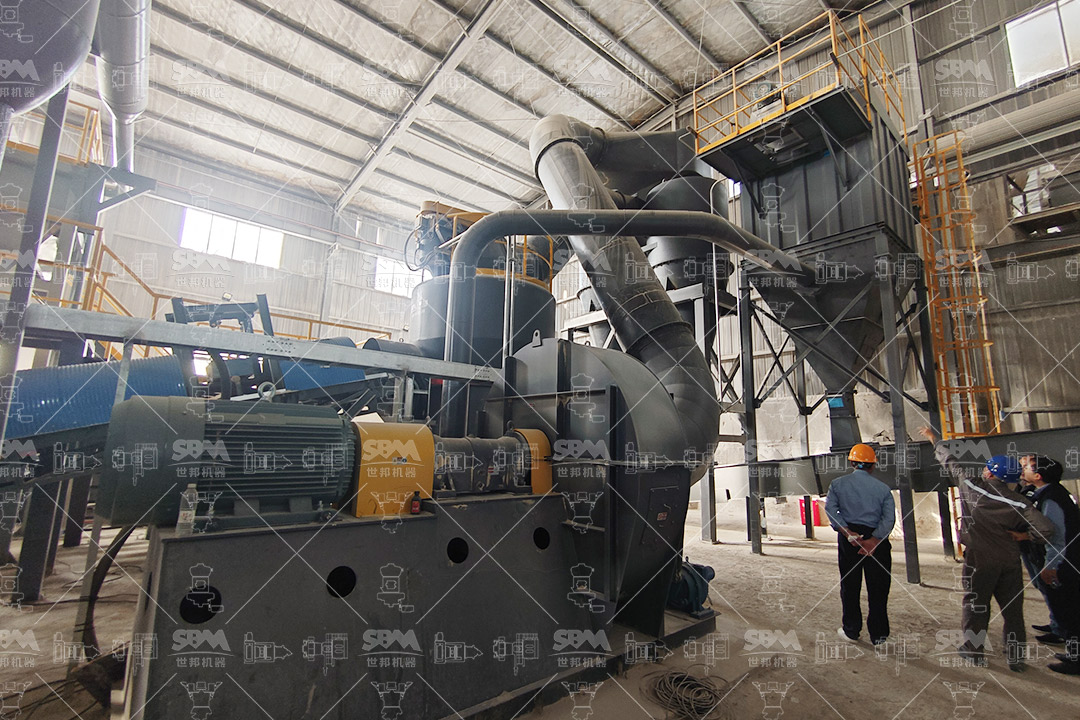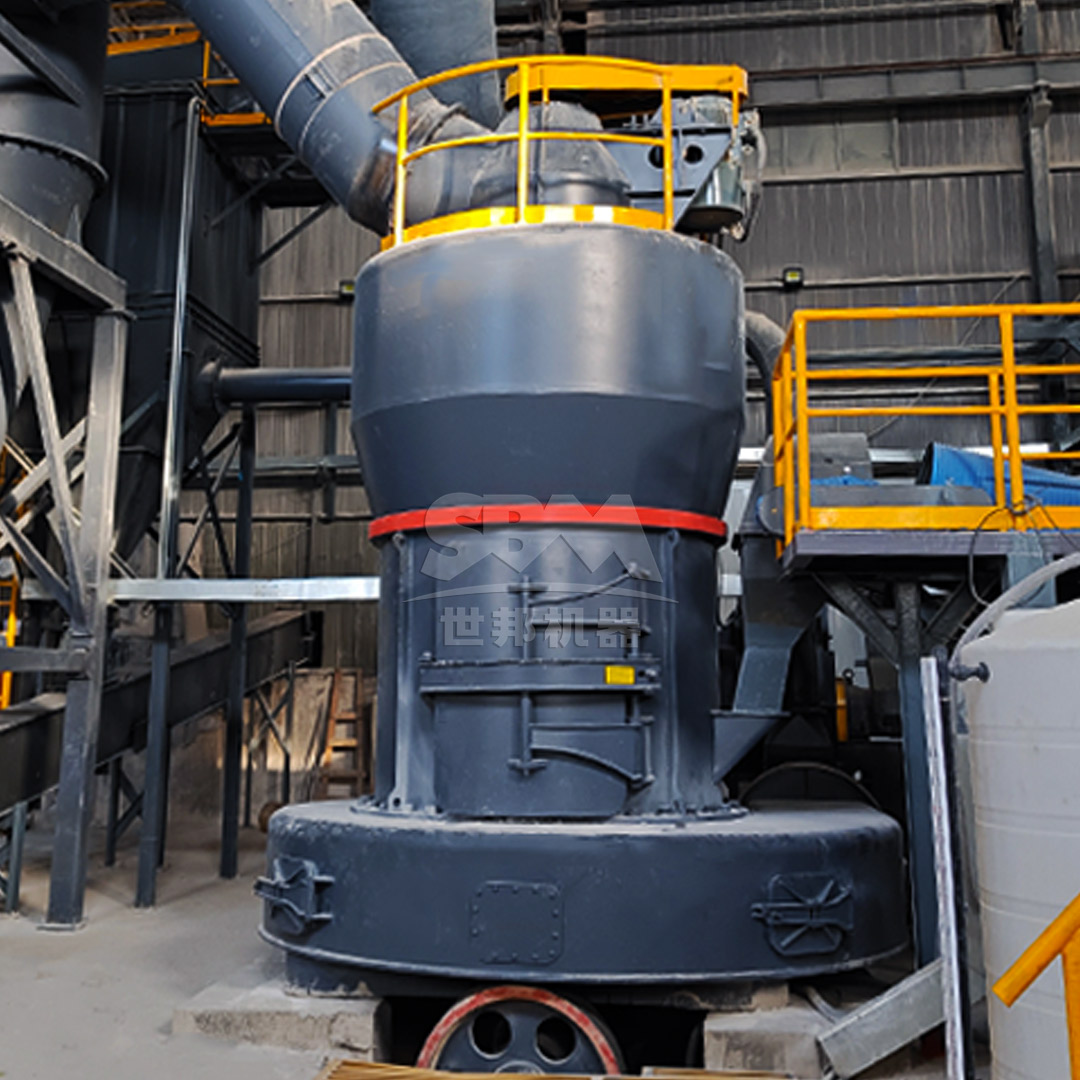Limestone powder plays a pivotal role in modern agriculture by neutralizing acidic soils and improving nutrient availability. The efficacy of soil conditioning depends heavily on the fineness and uniformity of the limestone powder, which is directly influenced by the grinding technology employed. This article explores advanced grinding solutions that deliver optimal particle size distribution for agricultural applications.
| Parameter | Ideal Range | Impact on Soil |
|---|---|---|
| Particle Size (D90) | 45-250μm | Determines dissolution rate |
| Calcium Carbonate Content | ≥85% | Neutralization capacity |
| Moisture Content | ≤1% | Prevents caking |
Modern grinding systems must achieve precise particle control while maintaining energy efficiency. Three technological approaches dominate the market:
For specialized applications requiring sub-10μm particles, our SCM Ultrafine Mill series delivers exceptional performance:

When processing large volumes of limestone for broad-acre applications, the MTW Series Trapezium Mill offers unmatched productivity:
| Model | Capacity (t/h) | Power (kW) | Footprint (m²) |
|---|---|---|---|
| MTW110 | 3-9 | 55 | 18 |
| MTW215G | 15-45 | 280 | 42 |

For operations requiring both grinding and drying capabilities, vertical roller mills like our LM Series provide integrated solutions:
The ideal limestone powder for soil conditioning requires a balanced particle distribution:

Comparative studies show significant advantages of modern grinding systems:
Selecting the appropriate grinding technology is crucial for producing effective limestone soil amendments. Our SCM Ultrafine Mill and MTW Trapezium Mill series represent the industry’s most advanced solutions, combining precision particle control with exceptional energy efficiency. For operations requiring both grinding and drying capabilities, the LM Vertical Mill series offers unparalleled integrated performance.